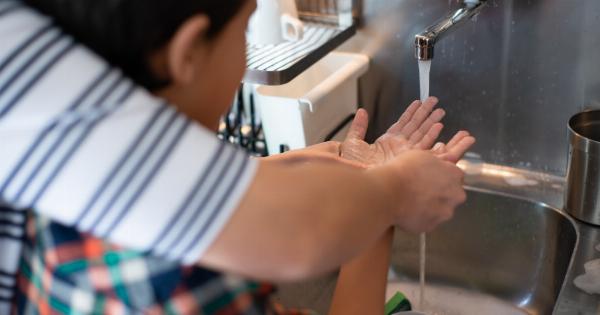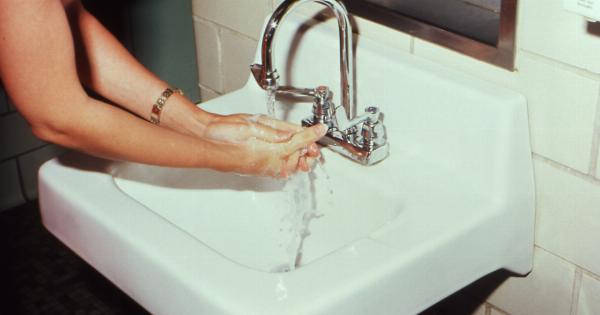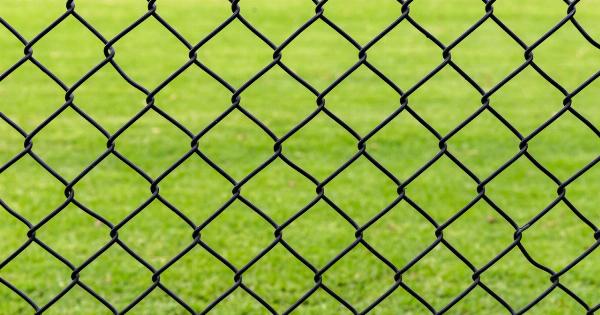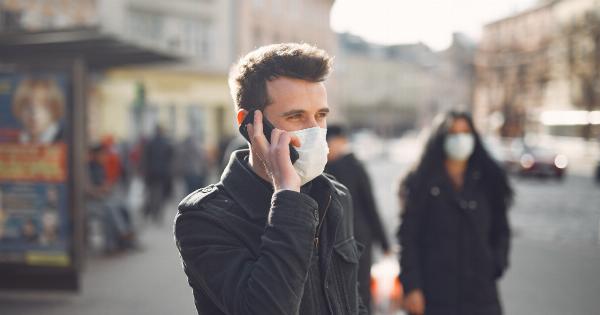It’s important for kids to learn proper handwashing techniques in order to stay healthy and prevent the spread of germs. Washing hands regularly can help prevent illnesses like the common cold, flu, and even more serious viruses like COVID-19.
Here are some tips for teaching kids how to wash their hands properly.
1. Explain the Importance of Handwashing
It’s important for kids to understand why handwashing is necessary. You can explain to them that our hands come into contact with germs all the time, whether we’re playing outside, touching door handles, or interacting with other people.
These germs can spread to other people, making them sick. By washing our hands regularly, we can help prevent the spread of germs and stay healthy.
2. Show Them How to Wash Their Hands Properly
Show your kids how to wash their hands properly. The Centers for Disease Control and Prevention (CDC) recommends the following steps:.
- Wet your hands with clean, running water (warm or cold).
- Apply soap and lather your hands by rubbing them together.
- Scrub all surfaces of your hands, including the backs of your hands, between your fingers, and under your nails.
- Continue scrubbing for at least 20 seconds (about the time it takes to sing “Happy Birthday” twice).
- Rinse your hands well under clean, running water.
- Dry your hands using a clean towel or air dry them.
Make sure your kids understand the importance of scrubbing all surfaces thoroughly and washing for the recommended 20 seconds.
3. Make It Fun
Making handwashing fun can help encourage kids to do it regularly. You can create a song or a game to make the process more engaging.
For example, you could sing a song while you wash your hands with your child or challenge them to wash their hands for a certain amount of time.
4. Lead by Example
Kids often mimic their parents’ behavior, so it’s important for parents to lead by example and wash their hands regularly. Make handwashing a family activity and emphasize its importance to everyone in the household.
5. Reinforce the Importance of Handwashing Regularly
Remind your kids to wash their hands regularly throughout the day. Encourage them to wash their hands before meals, after using the bathroom, after playing outside, after blowing their nose or coughing, and whenever their hands look or feel dirty.
6. Discuss the Consequences of Not Washing Hands
Discuss the consequences of not washing hands with your kids. Explain that failing to wash hands regularly can lead to illness and missed school days.
By framing handwashing as a positive activity, you can help reinforce the importance of doing it regularly.
7. Keep Handwashing Supplies Handy
Make sure your kids have access to handwashing supplies at all times. This can include soap, paper towels, and hand sanitizer. Keeping supplies on hand and within easy reach can help encourage kids to wash their hands more frequently.
8. Incorporate Handwashing into Daily Routines
Make handwashing a regular part of your family’s daily routine. Encourage your kids to wash their hands when they first come home from school or activities, before snack time, and after they’ve finished their homework.
By incorporating handwashing into daily routines, you can help make it a habit for your kids.
9. Celebrate Good Handwashing Habits
When your kids demonstrate good handwashing habits, celebrate their efforts. Praising them for doing a good job can help reinforce positive behaviors and encourage them to continue washing their hands regularly.
10. Monitor Your Kids’ Handwashing Habits
Monitor your kids’ handwashing habits to ensure that they’re washing their hands properly and regularly.
If you notice that they’re not washing their hands as often as they should be, remind them of the importance of doing so and encourage them to do it more frequently. By keeping an eye on their handwashing habits, you can help ensure that they stay healthy and prevent the spread of germs.





























